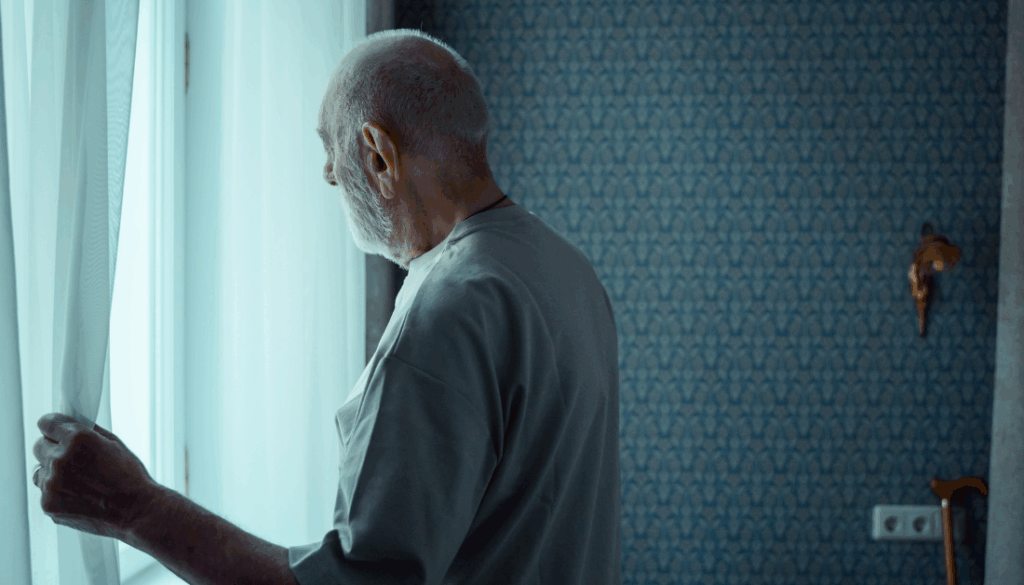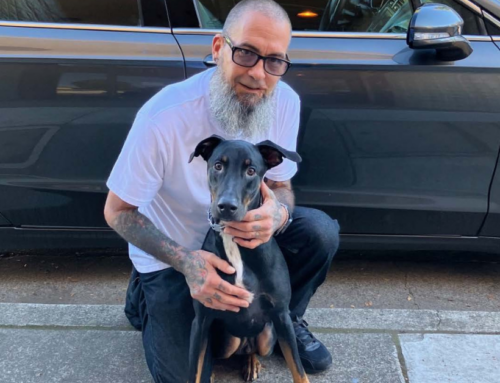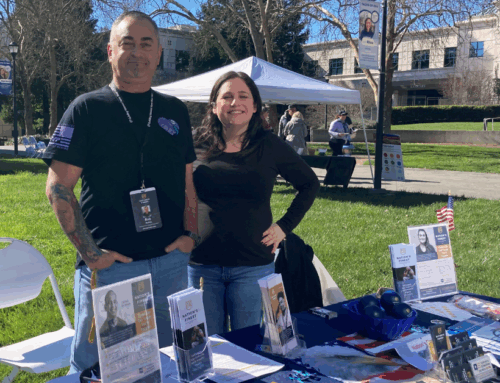Military life, for soldiers across every branch, service era, and specialty, is a unique mission that extends far beyond the physical trenches. You are exposed to a wide range of high-stress and high-pressure situations that most civilians have not had experience with.
This is why posttraumatic stress disorder (PTSD) is a very common condition for many Veterans after military service — so if you think you may be struggling with PTSD, know you are not alone.
What is PTSD?
PTSD is a mental health condition that can develop after a person has been exposed to a traumatic event, such as war zone deployment, combat, serious accidents, natural disasters, or sexual assault.
When you have PTSD, you may feel discomfort with certain memories or frequently be on alert. While most people who live through a traumatic event will experience stress reactions afterward, if that stress or bad feeling doesn’t go away or starts interrupting your daily life—you may be dealing with PTSD.
PTSD symptoms fall into four main categories. You can learn more about these symptoms at the National Center for PTSD.
- Reliving or re-experiencing the event: You may have nightmares, flashbacks, or trauma reminders likes places, sounds or smells that cause distress.
- Avoidance: You may avoid things, places, or people that remind you of the event. This might mean keeping busy to avoid thinking about the trauma or staying away from people because you feel it’s just easier to be alone.
- Negative changes in feelings and beliefs: You may notice changes in the way you think about yourself and others, you might feel guilt or shame about the traumatic event, or lose interest in things or people you used to enjoy.
- Hyperarousal or being on guard: You may feel keyed up, on edge, have a difficult time focusing, or feel as if you are “on alert” for danger more often.
Get Help Today
If you, or a Veteran you know, are experiencing these symptoms—don’t wait. Talk to a mental health care provider who can help you determine whether your feelings and behaviors may be related to PTSD. Knowing if you have PTSD is the first step to getting effective treatment—and there are treatment options that can help you begin to feel better and take back control of your life, no matter how long you’ve been living with the symptoms of PTSD.
Nation’s Finest offers a variety of resources and referrals for challenges related to PTSD and mental health. By contacting Nation’s Finest, you can:
- Talk about your concerns with a knowledgable staff member.
- Learn about and compare PTSD treatment options.
- Get help finding a PTSD program or mental health provider.
- Get connected to other Veterans experiencing similar challenges.
No matter what you’re experiencing—you are not alone. PTSD treatment works, and you deserve to feel your best. Be your own advocate and take the first step toward treatment today.





